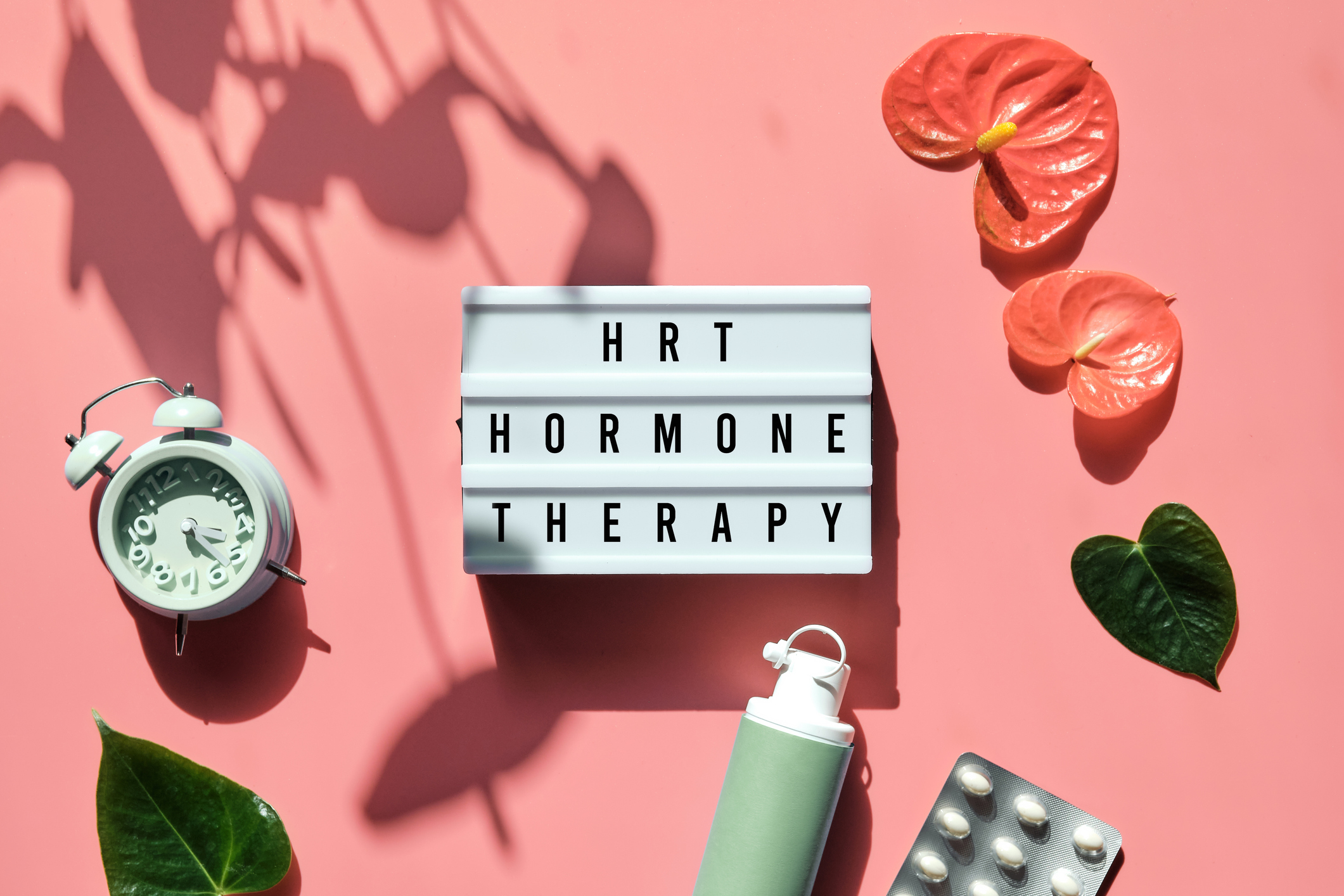The impending Silver Tsunami of aging Baby Boomers has researchers hurrying to find underlying causes and treatments for diseases associated with older age – and top of the list is Alzheimer’s disease. According to the Alzheimer’s Association, almost two-thirds of Americans living with AD are women. Women in their 60s are more than twice as likely to develop the disease over the rest of their lives than they are to develop breast cancer. A new study suggests that the timing of hormone therapy (HRT) may be critical in helping to prevent Alzheimer’s as researchers discover a link between the early onset of menopause and the presence of tau tangles in the brain – a hallmark of AD.
According to a recent Ladyparts post featured in Marie Shriver’s Sunday Paper, an article published in the Journal of the American Medical Association found that women who waited longer than five years after the onset of menopause to start menopause hormone therapy had significantly more tau tangles. The research is considered momentous, especially as so many women who are currently in or entering menopause have been told little to nothing about taking hormone therapy.
A single 2002 study found links between hormone therapy and elevated health risks for women of all ages, resulting in a steep drop in the number of prescriptions for HRT. Further research has shown that for many healthy women under 60 who experience difficult menopausal symptoms, the benefits may outweigh the risks. But HRT never fully recovered from its troubling reputation, and many women and doctors avoid broaching the subject entirely.
The takeaway? After more than 20 years of ongoing study, researchers have found that age and timing are critical when using hormone therapy. For women who enter menopause early, before age 45, hormone therapy may be recommended to reduce the risk for osteoporosis up until the typical age of menopause. For healthy women in their 50s, blood clots and stroke are rare, keeping the risk from hormone therapy low. For women under 60, a new analysis of the Women’s Health Initiative study has found no elevated risk of heart disease. The same data also shows that women had 24 percent fewer fractures and a lower rate of diabetes.
Continuing research is needed but as new information emerges, it’s important for women suffering from menopausal symptoms to talk with their doctors to find the best treatment options. Read the 2022 hormone therapy position statement from The North American Menopause Society here.






Add Your Voice
0 Comments
Join the Discussion